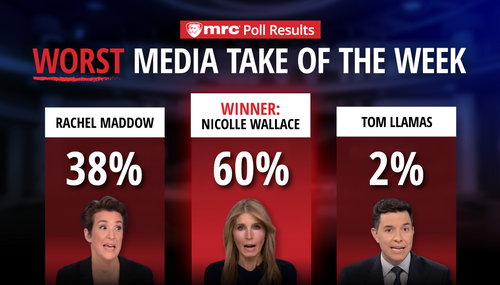Mainstream outlets have used polar bears to show the alleged dangers of climate change, but now this left-wing mascot is making its way to the big screen.
Norm of the North will bring environmentalist propaganda back to theaters with its story of a talking polar bear who rescues his Arctic home from a housing development project “for the one percent.”
The film’s writers pit eco-friendly protagonists against Mr. Greene: a greedy CEO who calls ordinary people “peasants,” says things like “wake up and smell the profits” and “it doesn’t matter if I’m corrupt,” and hides a caged a polar bear at his company’s headquarters.
In contrast, Norm typifies the environmentalist hero as an outsider battling a corrupt corporation to save his native environment. Norm doesn’t fit “the norm” because he can talk to humans, and has the kind of emotional depth that leads him to ask deep, flower-power questions like, “If we’re not helping each other, what are we here for?” While Norm can’t bring himself to eat a whimpering seal, he is contrasted with bloodthirsty tourists who prod him to devour his prey.
Mr. Greene is the caricature of capitalist evil that progressives must daydream about as they write environmentalist screeds. Greene enters the film as a fickle spiritualist, losing his cool and corresponding yogi pose when his head of marketing, Vera Brightly, tells him there’s a problem with the company’s housing project.
Greene boasts many left-wing stereotypes about evil capitalists. He’s greedy, self-centered, manipulative, unethical and treats his employees terribly. Greene yells, “I don’t care if they’re predicting a storm, leave now!” to force his workers to risk a dangerous storm to expedite his homes’ transport to the Arctic.
Although Vera works for Greene, she is a protagonist because she has second thoughts about building homes in a place with “unpolluted air” like the Arctic and eventually quits in protest.
“I’m sorry but I cannot help you destroy someone’s home in order to build houses” that nobody needs, Vera tells Greene.
Vera’s daughter Olympia tells her mother activity in the Arctic would literally destroy the entire world. She teams up with Norm and tells him to hit Mr. Greene “where it hurts: His wallet.”
Just like real-life environmentalists, Norm causes mayhem in hopes of ruining the corporate housing project’s public image.
The ending sends a clear message that sticking to environmentalist bona fides pays off as Greene’s corruption is exposed, Vera gets a new job and Norm is crowned King of the Arctic.
Norm is just one of several polar bears to provoke concern over climate change. Two polar bears caught a flurry of media attention in 2007 after a photographer found them on patches of ice. The Daily Mail described “their fragile grip” as “the perfect symbol of the tragedy of global warming.” The photographer later disputed the picture’s alleged connection to climate change, and said that the bears “were healthy, fat and seemed comfortable on their iceberg.”
In 2007, actor and green activist Leonardo DiCaprio appeared on the cover of Vanity Fair with a polar bear and an arctic backdrop.
This isn’t the first political movie to come from Lionsgate. Lionsgate distributed both W, the movie that portrayed former president George W. Bush as an idiot, and Michael Moore’s Sicko, a documentary that criticized America’s health care system and praised Canada’s.
Heather Graham, who performs the voice of Vera, donated to former democratic presidential candidates Barack Obama and John Kerry. Graham reportedly told Jimmy Kimmel in 2009 that she performs witchcraft, and even cast a spell with the words “So mote it be” commanding Barack Obama’s victory in 2008.
Environmentalism is a common theme in children’s media. The Muppets movie, The Lorax, Fern Gully, and Furry Vengeance, and Hoot all pushed environmentalist narratives and portrayed business as the enemy. The Muppets movie, for example, made a rich, oil executive its villain and in 2012, The Lorax took a jab at plastic water bottles. Nickelodeon even partnered with the green group Natural Resources Defense Council in the network’s ‘Big Green’ Help campaign, which sought to preach environmentalism to kids.





